YouTube Demonetized: What Went Wrong and How to Fix It?
Your YouTube channel may be demonetized if a community reviewer determines that any of your videos do not comply with the YouTube Community Guidelines or are otherwise unsuitable for advertisers.
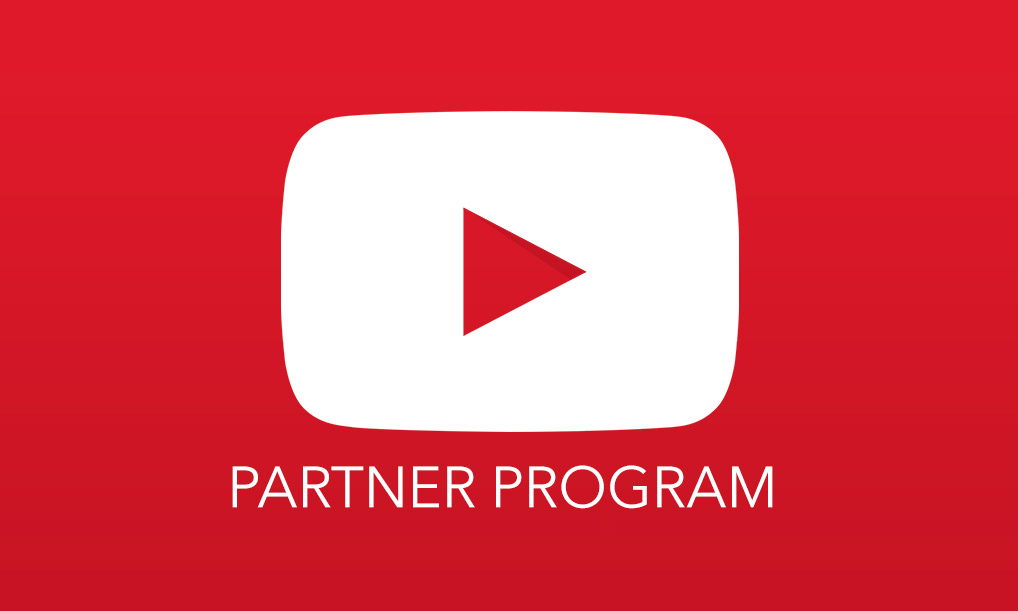
While YouTube might not immediately remove your demonetized video, you will lose the ability to earn advertising revenue from it. Even if your videos are not directly flagged, advertisers can still choose not to support your channel.
Why Would a Channel or Video Be Demonetized?
YouTube’s official demonetization guidelines outline what content is considered suitable for advertisers. Below are several key reasons and warning signs you should be aware of to help keep your channel monetized.
The Channel/Video Has Offensive Content
The YouTube demonetization policies clearly state that harassment, cyberbullying, and hate speech are strictly prohibited. Offensive content extends beyond mere shock value or dark humor.
YouTube advises disabling ads on videos that address controversial topics, even when the content is not intended to be offensive or literal.
Videos depicting self-harm, suicide, sexual abuse, eating disorders, domestic violence, or child abuse are clear violations and will trigger demonetization. Any content deemed incendiary, demeaning, intentionally provocative, or defamatory against individuals or organizations will not be eligible for monetization.

Offensive images—including depictions of death, injured bodies, blood, and bodily waste—can result in a loss of ad revenue and harm your audience’s trust. Insensitive coverage of current events can also have a negative impact. For these reasons, creating ethical, respectful material is essential.
You Missed the Target COPPA Demographic
According to the Children’s Online Privacy Protection Act (COPPA), all YouTube creators must specify whether their videos are intended for children. If your videos are not appropriate for minors, you should restrict access to adult viewers only.
Since most advertisers do not target adults-only categories, videos marked for mature audiences often experience limited or no monetization opportunities.
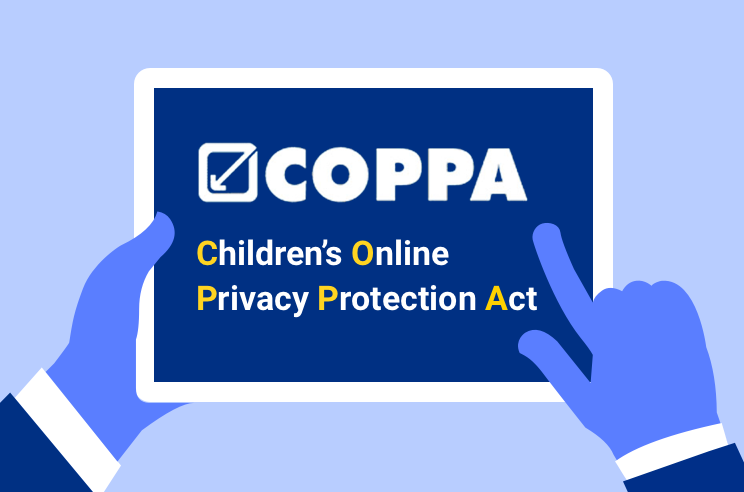
YouTube imposes exceptionally strict requirements for content labeled as suitable for children, often beyond their general monetization policies. It is easy for a video to be judged not kid-appropriate, leading to demonetization even if it was properly labeled.
You Got a Copyright Claim
Videos are frequently demonetized due to copyright claims. If you use another person’s video, music, or images without permission or proper credit, the original copyright holder can file a claim against you. This leads to immediate demonetization and may also put your channel at risk of further penalties.
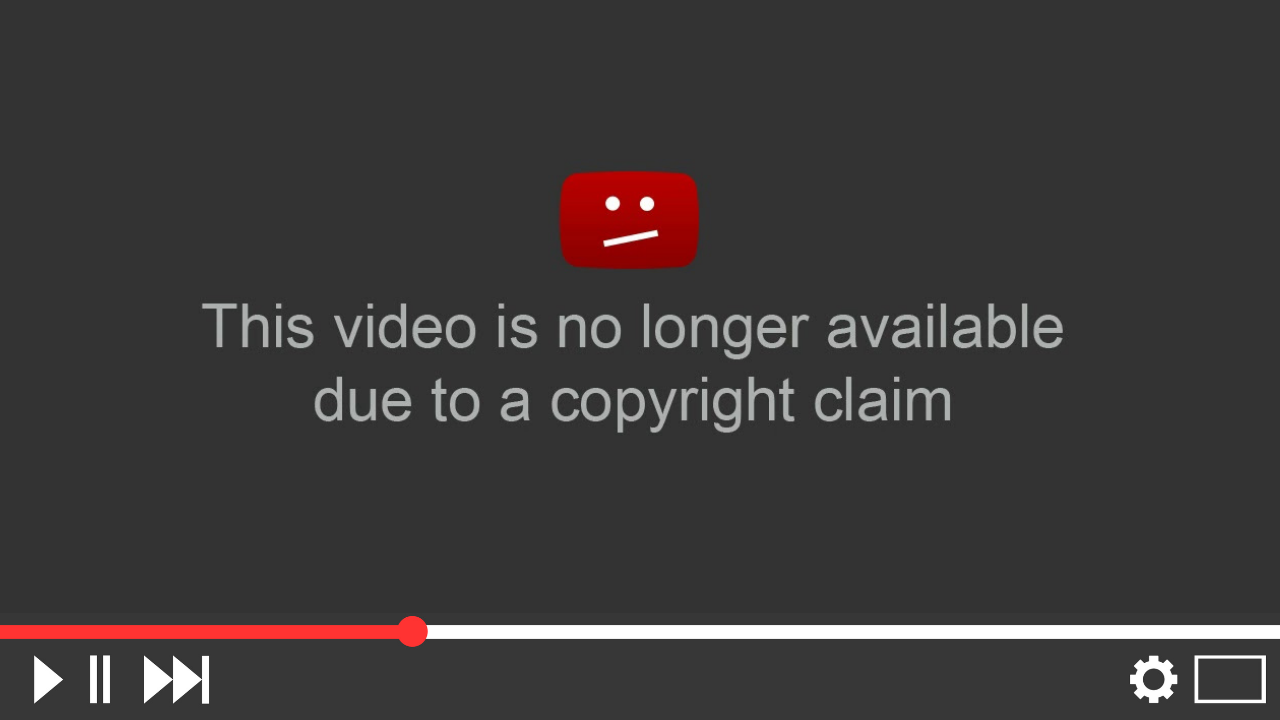
Reusing material without adding new value, such as uploading entire movies or TV shows, removes any potential for earning revenue. Only the copyright holder is entitled to monetization. Remember, YouTube prioritizes payment to the original owner first.
Explicit Language in Your Video
While YouTube does not outright prohibit profanity, material considered ad-friendly requires moderation in language. Excessive profanity, slurs, or explicit language in video content or thumbnails can limit monetization.
Occasional use of common expletives is permitted—if you hear it on daytime television, it is usually allowed on YouTube. Even commonly accepted abbreviations like “WTF” are generally safe.
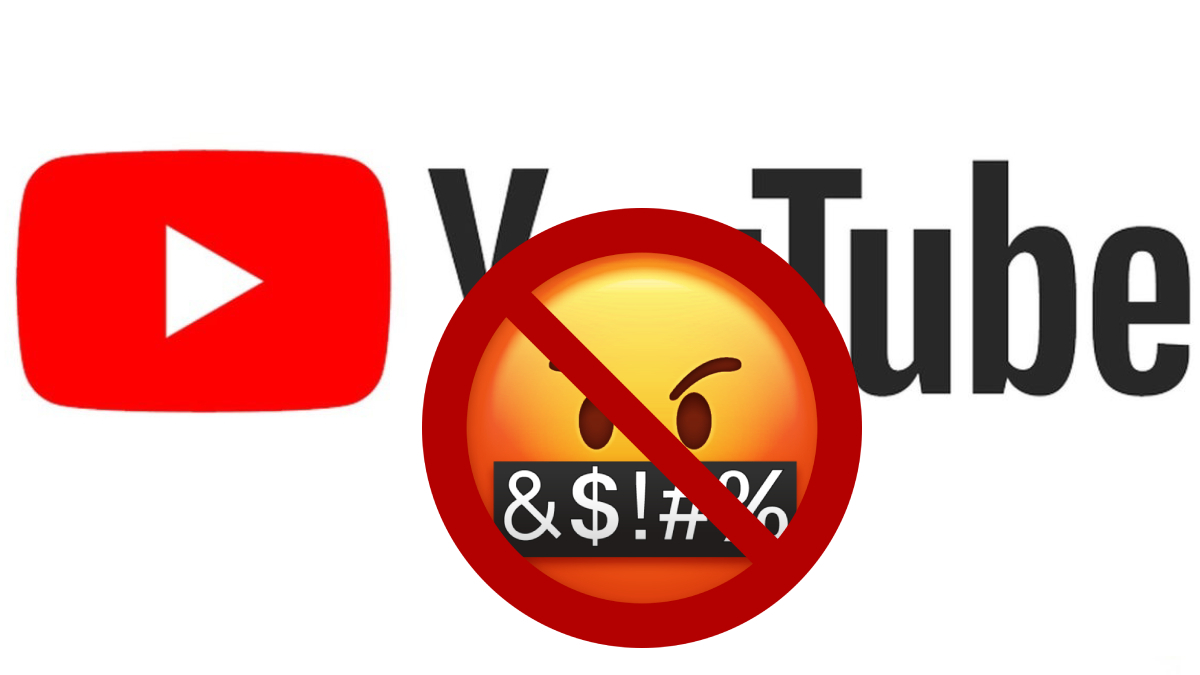
To ensure advertiser satisfaction, YouTube recommends keeping the first 30 seconds of your video free from strong language or anything questionable. Limited use of stronger language may be tolerated if not central to your content.
However, frequent use of offensive language or slurs may be categorized as hate speech and could result in demonetization.
A Video Contains Extreme Sexual Content
YouTube does not permit pornographic material. Even strong romantic or sexual scenes that exceed accepted limits may result in a video’s removal or loss of monetization, as advertisers seek family-friendly content. Exceptions may exist for educational or artistic contexts, such as Renaissance artwork, but even then, content must be appropriately framed.
If your content contains explicit sexual imagery, references, or language, or uses sexual themes in music or media, it is strongly recommended to remove or edit such elements to ensure ad eligibility.
The Video Has Some Form of Scam Involved
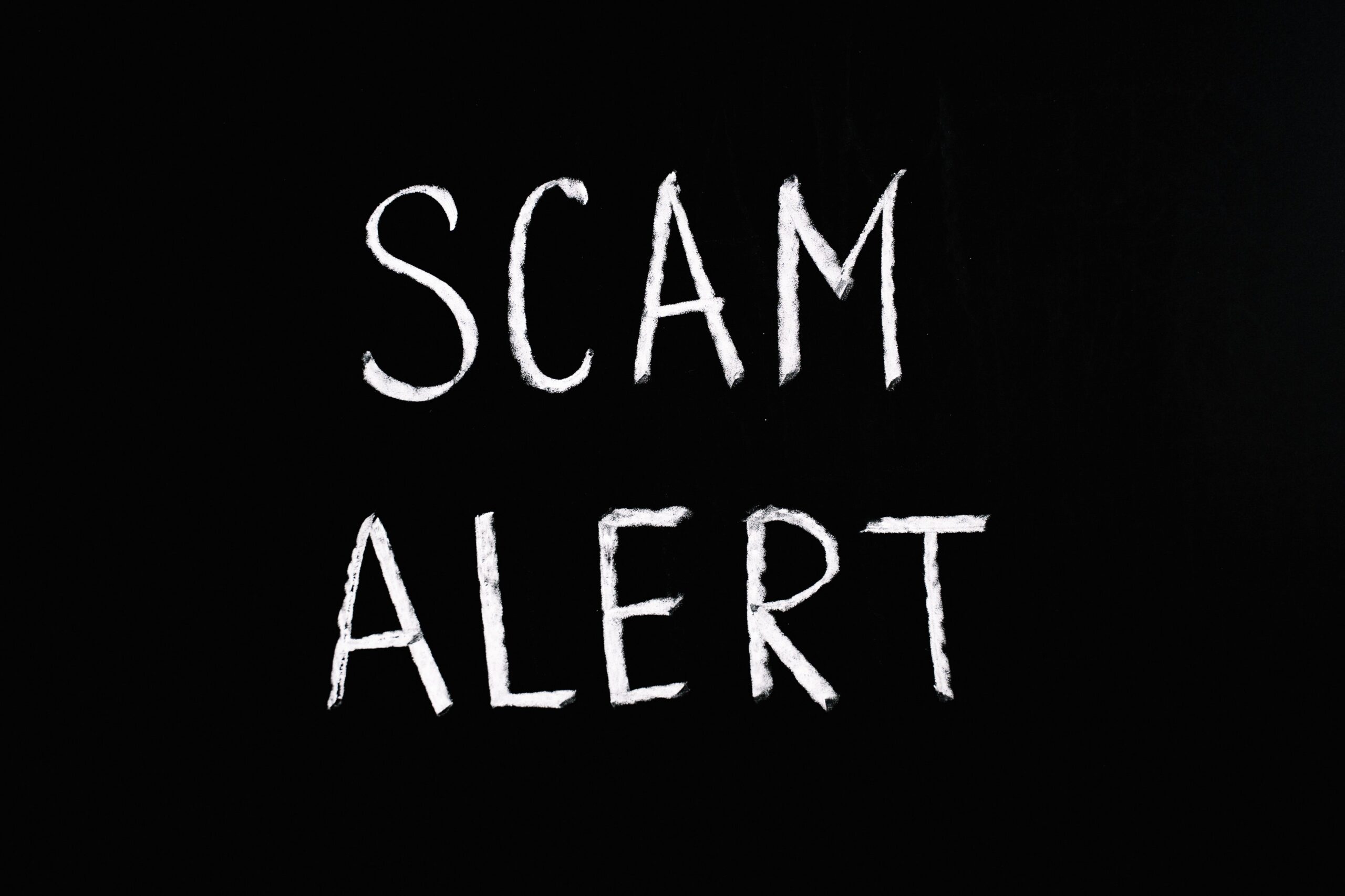
This is one of YouTube’s most strictly enforced areas. Excessive uploads, manipulative content, or videos designed to lure viewers away from YouTube—especially those spreading misinformation or exploiting the community—are all considered in violation.
Scam-related topics include “Get Rich Quick” schemes in comments, voter suppression, or the distribution of hacked information. Any attempt to deceive or exploit viewers can result in immediate demonetization.
How to Avoid YouTube Demonetization
Videos that are not suitable for advertisers generate little to no ad revenue. To protect your YouTube channel from demonetization, follow these proven strategies.
Share a Wide Range of Video Content
Creating diverse, original content is essential for monetization. Avoid uploading large quantities of nearly identical clips, and strive to offer variety in both subject and audio. Repetitive, mass-produced, or overly generic content may be flagged as unsuitable for monetization.
You can still explore a single topic in depth as long as each video brings a unique perspective. For example, it is common to create multiple videos about reaching 1,000 subscribers, but each should provide new insights or techniques. Specifically, avoid making content that is:
- Mass-produced
- Overly generic
- Generated by automated programming without unique input
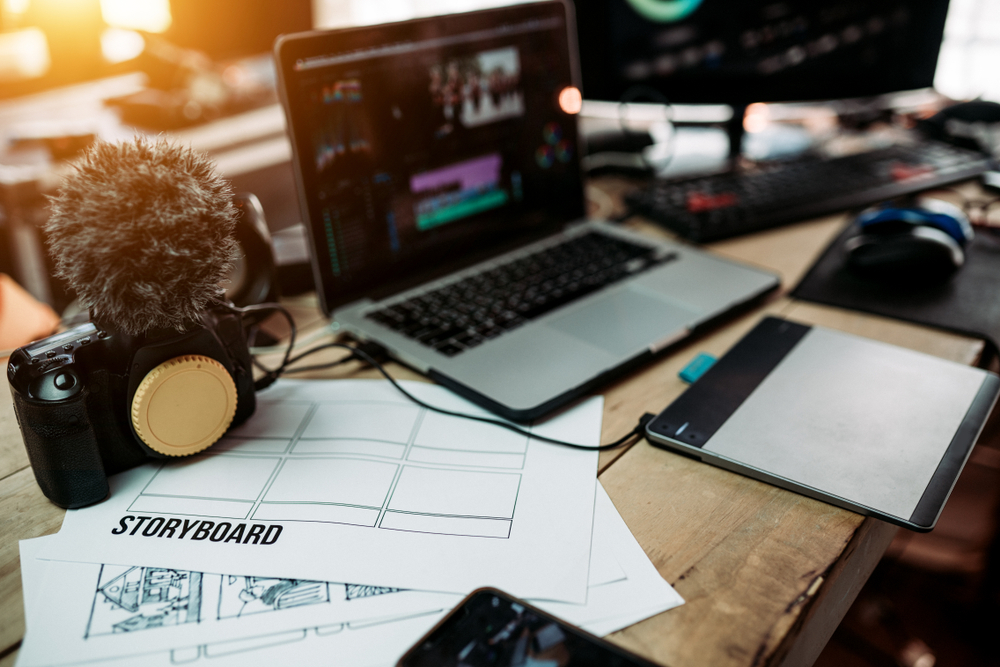
If you are making a response video, be sure your commentary adds new interpretation to the subject matter and enriches the conversation around it. Examples of quality content include:
- Critical analyses of specific issues or sources
- Fresh perspectives on current events, movies, or sports
- Compilation of footage from various sources to create a new narrative
Whenever possible, use your own original material. However, YouTube recognizes that many channels focus on responses and commentary and allows for this if unique value is added.
Avoid Engaging in Spam, Dishonesty, and Scams
YouTube aims to deliver a safe and valuable experience for all users. Fake content or misleading information undermines this goal and can trigger demonetization. Using YouTube for illegal activities such as running scams or spreading malware will result in loss of monetization. To avoid issues, never engage in:
- Repeatedly uploading “get rich quick” or scam-related content
- Tricking viewers into visiting websites that distribute malware or steal information
- Using misleading thumbnails, titles, or descriptions to induce clicks
- Promoting or discussing pyramid schemes
- Boosting your channel using spam tactics, such as Sub4Sub (trading subscribers with others)
- Flooding YouTube with identical comments
- Encouraging manipulative behavior through comments or feedback
- Broadcasting live content you do not own

Do Not Use Your Platform to Promote Hate Speech
YouTube prohibits all forms of hate speech. To keep your content monetized, avoid any statements, imagery, or suggestions that may be seen as hurtful or discriminatory, especially regarding violence or hatred toward specific groups.
Avoid referencing or targeting anyone based on demographic characteristics such as age, sexual orientation, gender, race, disability, religion, immigration status, or military service. Focusing on respect and inclusivity will help secure your channel’s eligibility for monetization.
Do Not Promote Risky or Illegal Behavior
Never upload or promote footage that features violence, gore, death, or illegal activities. These topics discourage advertisers and violate YouTube’s standards.
You should also avoid promoting or showing:
- Drugs (including tobacco products)
- Firearms
- Hacking or computer intrusion
- Other unsafe or illegal activities
Glorifying violence or illegal acts reduces their seriousness and can inspire harm. Make sure your videos never encourage behaviors that could endanger others.
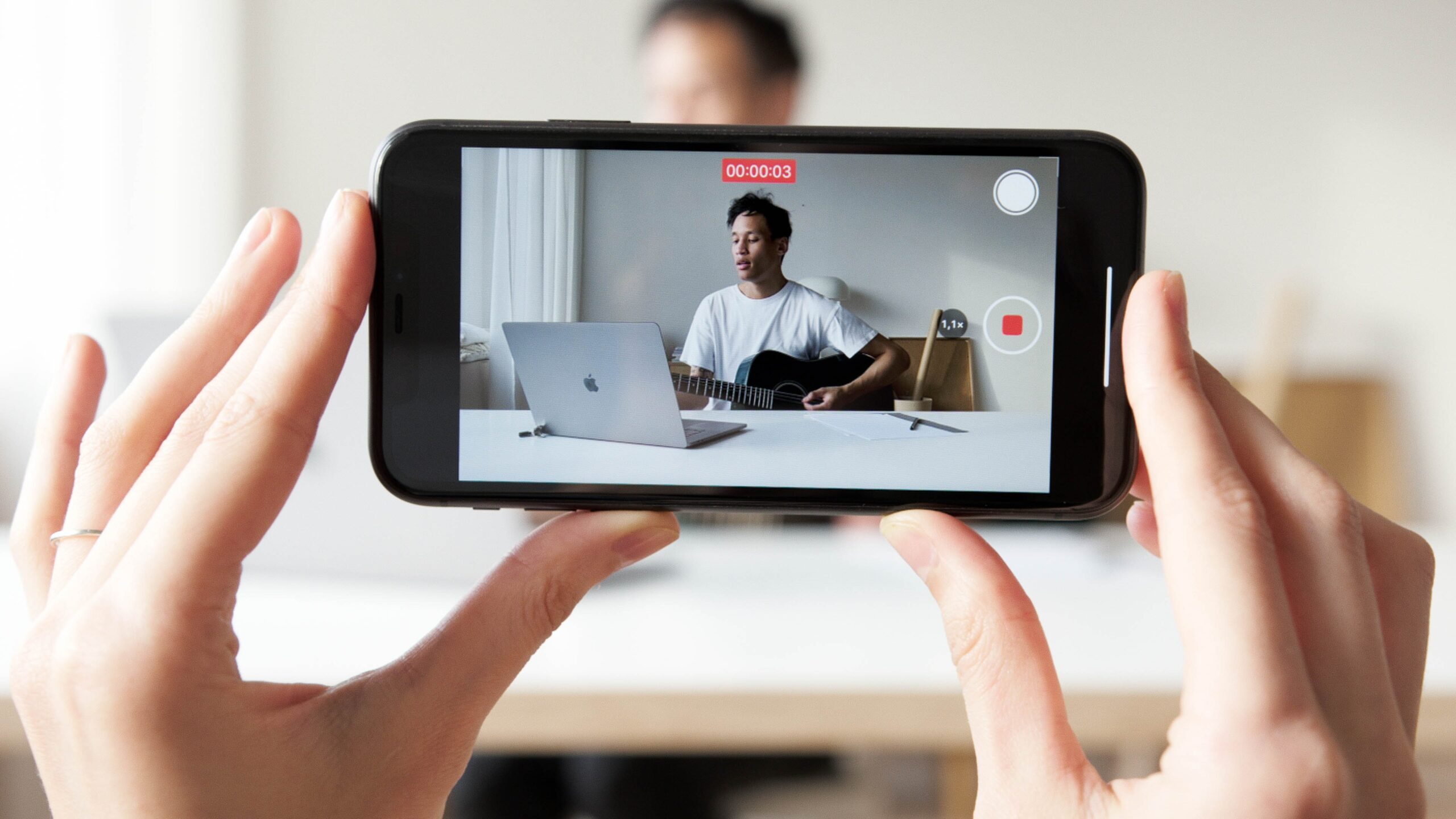
Do Not Share Sexual Content
Any video that encourages or depicts sexual activity will be ineligible for monetization. YouTube does not allow sexually explicit content, and showing nudity, genitals, breasts, buttocks, or sexual fetishes—whether through video, audio, text, or images—will disqualify channels from ad revenue and may result in channel removal.
For best results, ensure all material aligns with YouTube’s family-friendly and advertiser-friendly guidelines.
Use Royalty-Free Music and Videos
Copyright issues are a common cause of demonetization on YouTube. To maintain eligibility for monetization:
- Do not use any music or video without explicit permission from the rights holder.
- Always properly credit the original artist or content owner.
Getting approval from all copyright owners is sometimes more complex than it seems. False copyright claims are not uncommon. Therefore, using YouTube’s built-in music library is recommended, as it contains free tracks that will not trigger copyright strikes or restrict monetization.
Likewise, only use externally sourced video clips after obtaining permission from the rightful owner to prevent claims and loss of revenue.
Do Not Engage in Cyberbullying of Any Kind While Using YouTube

Cyberbullying is a persistent problem online. Nearly half of all internet users have encountered or witnessed such behavior. YouTube strictly forbids harassment, threats, racism, or any behavior intended to embarrass or hurt others. To avoid punishments or suspension, never:
- Use racial slurs in comments or videos
- Threaten other users, even in jest
- Upload content intended to embarrass, intimidate, or harm a minor
Avoid Creating Upsetting Videos
Disturbing or graphically upsetting content deters advertisers and can contribute to demonetization. Content that causes negative reactions in viewers is less likely to receive advertising support. YouTube identifies the following as examples of upsetting material:
- Graphic depictions of blood, gore, or bodily waste
- Raw medical footage, such as unedited childbirth videos
- Disturbing injuries or trauma
- Graphic displays of animal preparation or slaughter
Even video game footage may be demonetized if it focuses on graphic violence without broader context. Avoid making graphic violence the focal point of your content.
- Brutal and graphic violence involving people or animals
- Video game edits emphasizing violence or brutality
- Footage from war zones showing death or extreme harm
- Body counts, amputated limbs, or extreme medical injuries
- Animal abuse
- Excessive force by law enforcement
- Sports-related violence
Create Videos Appropriate for Kids
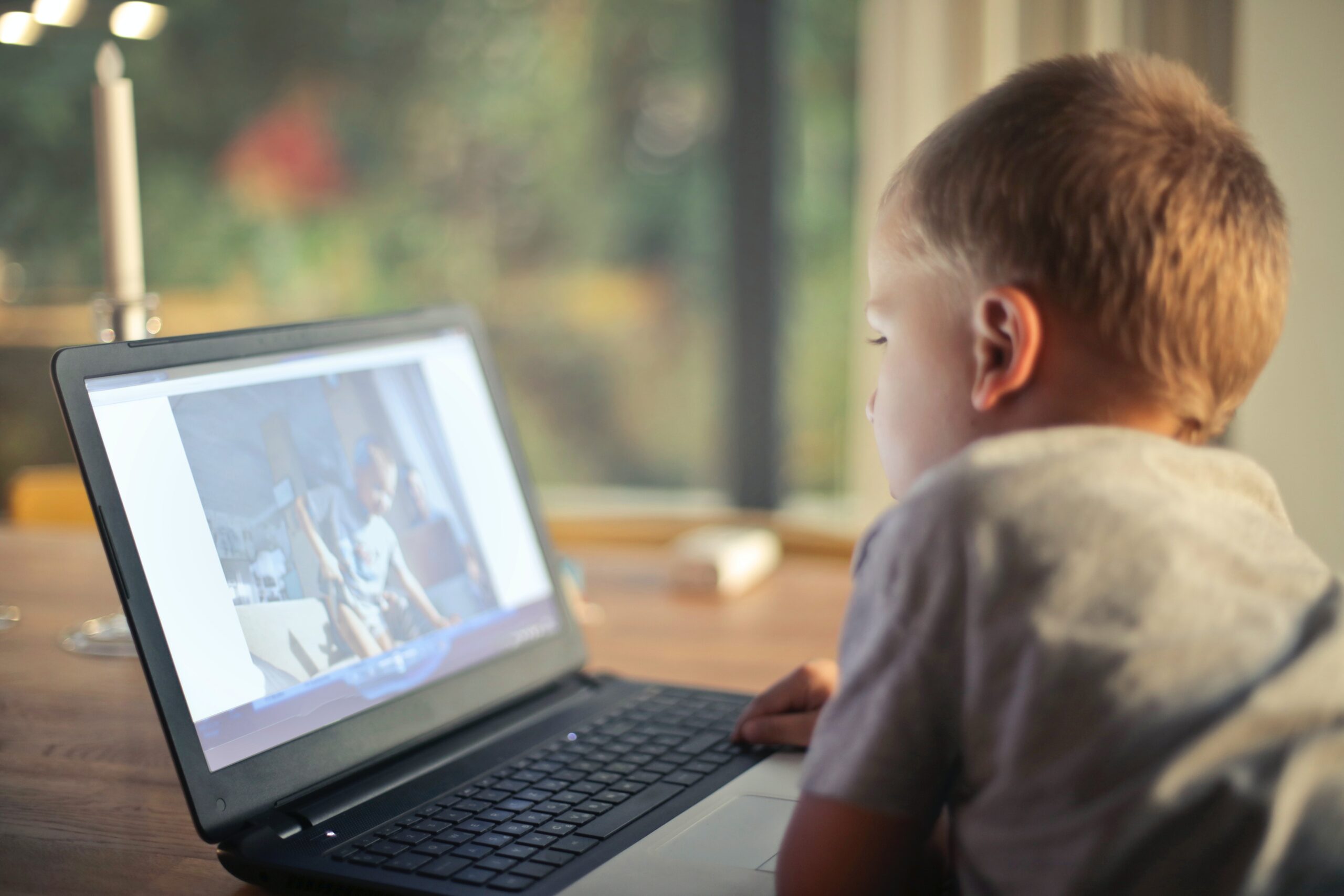
YouTube maintains strict policies to protect children. Even though YouTube Kids is available, many young viewers access regular YouTube. Always make sure your content is safe for child viewers by avoiding:
- Sexually explicit material featuring children
- Dangerous stunts or pranks that could harm young viewers
- Disturbing or abusive depictions involving children or parental pressure
- Any form of harassment or bullying of minors
Avoid Controversial Topics
Your definition of controversial content may differ from YouTube’s standards. YouTube recommends avoiding content that may be “unsettling” or “the result of human tragedy.” Common examples include:
- Suicide
- Violence or abuse against women
- Sexual misconduct or harassment
- Domestic abuse
- Child punishment or exploitation
- Pedophilia
Videos that promote, glorify, or trivialize these topics—including their presence in titles or thumbnails—will not be eligible for advertisement revenue.
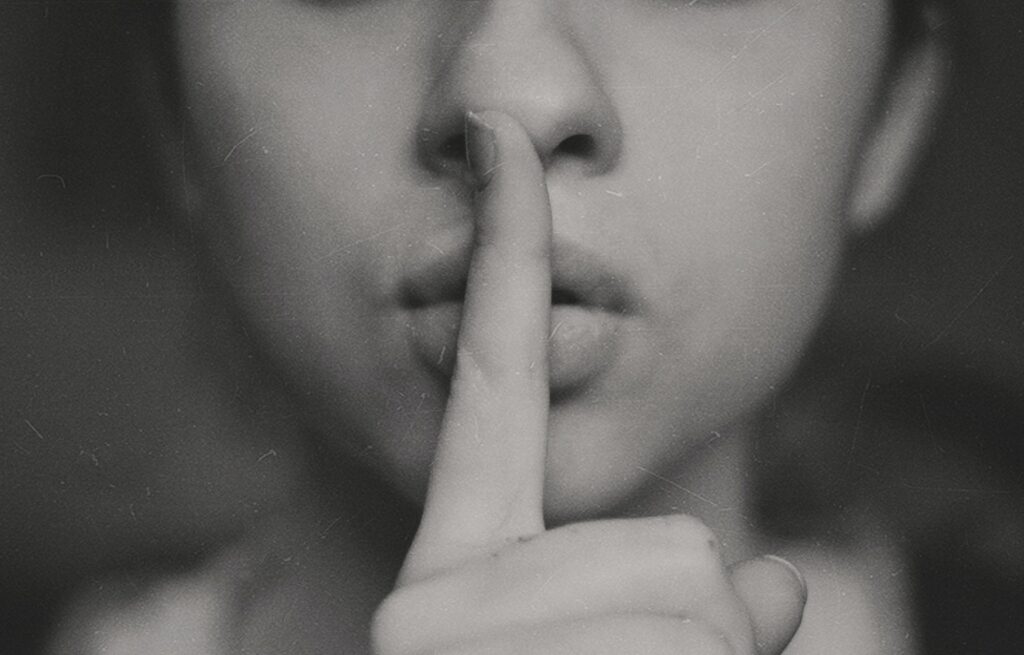
Recent traumatic events such as natural disasters, terrorist attacks, or war footage are not suitable for monetization. Videos exploring hopelessness or tragedy are not appealing for advertisers or general audiences, therefore YouTube does not monetize such topics.
However, referencing historical events is not automatically a violation; monetization depends on the context. Avoid focusing on violence or tragedy, and refrain from displaying graphic content.
What to Do if Your YouTube Channel/Video is Demonetized?
If your channel or video has been demonetized, there are two reliable approaches to regain monetization status.
Content Evaluation
Carefully review your video to ensure it does not violate any content guidelines. Look for unintentional references to sensitive subjects or inappropriate language, and filter any potentially offensive content, including profanities.
Ensure you are not using copyrighted video, music, or images without authorization. Titles, thumbnails, and descriptions are also analyzed by YouTube’s algorithm and should comply with legal and community standards.
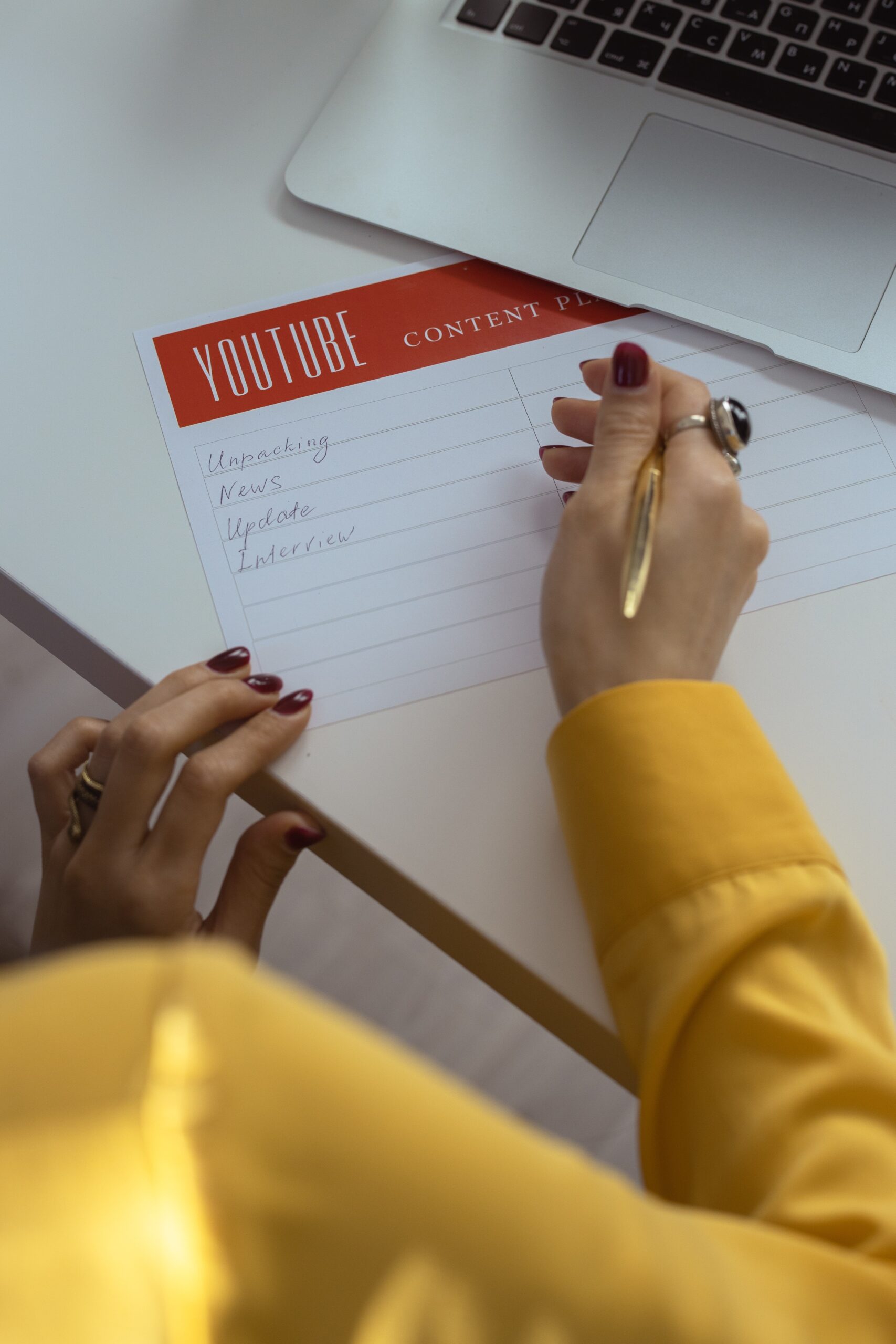
Adjust your content as needed by removing or editing elements that could be seen as offensive. If monetization cannot be restored for a particular video, you may disable ads for it and continue earning revenue from your other eligible content.
The YouTube Partner Program provides flexibility and opportunities for honest creators to share and monetize their work.
Get in Touch with YouTube Support
If you believe demonetization of your channel or video was a mistake, you can appeal the decision. If your video meets YouTube’s policies, request a manual review by YouTube staff via the appeal process.
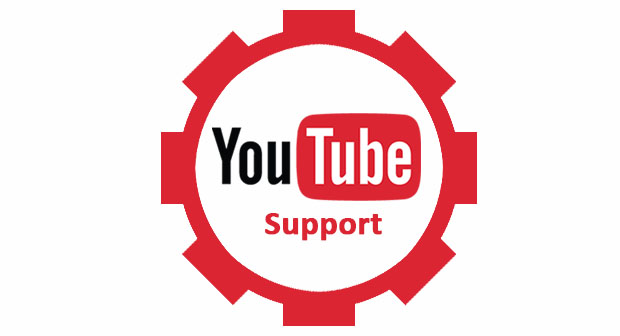
During the appeal, your content will be reviewed by a human reviewer to determine if the demonetization was justified. If an error is found, monetization for your content can be reinstated.
 Reviewed by
Reviewed by 




